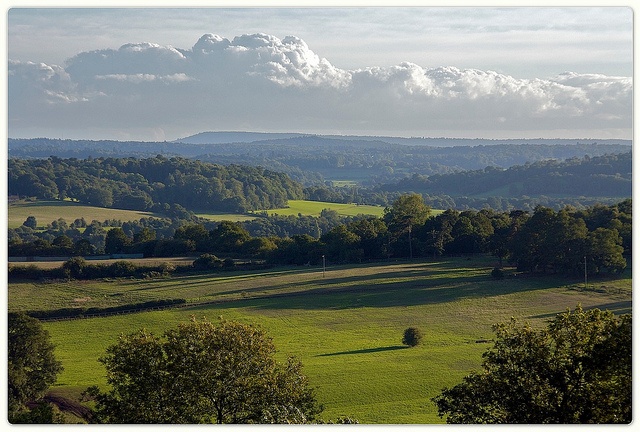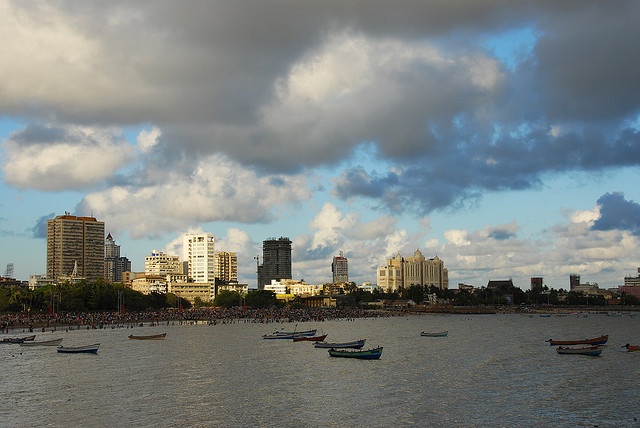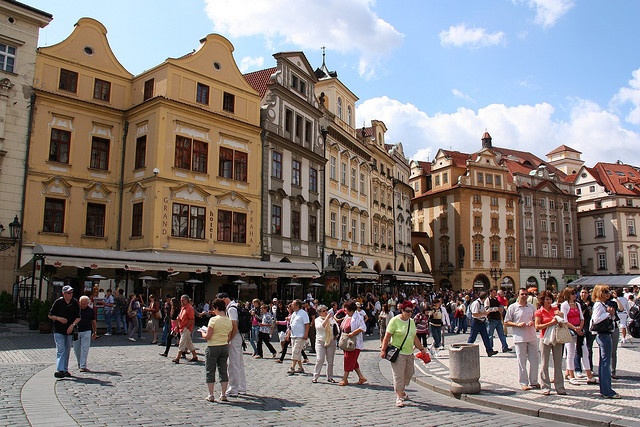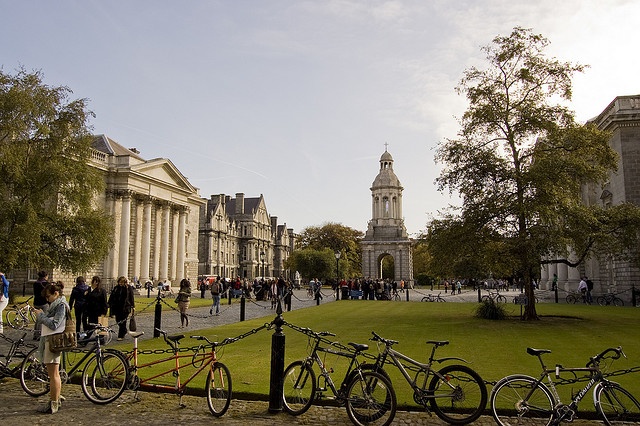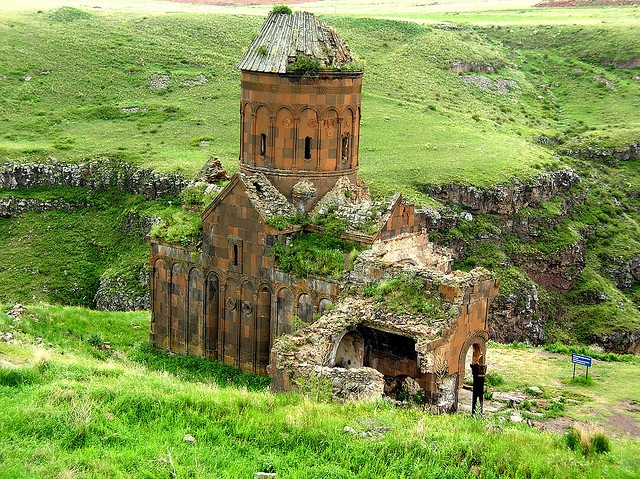Literary Travel :
Authors Take You There
Taking Journeys Through Books
|
| Share |
Traveling around the world requires a time investment which not all of us have at their disposal. When I find myself sitting at my desk and wishing I could be exploring Asian temples or trekking through Australian bush, the pages of a good travel book always bring me comfort. The choices of travel writers at my disposal seem limitless, as are the places they’ve visited. I can choose to cross the Asian main land and make it as far as Sri Lanka and Japan with Paul Theroux in ‘Ghost Train to the Eastern Star’, hitchhike through New Zealand with witty Joe Bennett in ‘A Land of Two Halves’, or globetrot and sample strange local dishes with Anthony Bourdain in ‘A Cook’s Tour’. Then there are those classics which take me back to a time beyond my own memory, and to places I am familiar with but which have changed significantly through the years, like Hemingway’s Paris in ‘A Moveable Feast’ and George Orwell’s London in ‘Down and Out in Paris and London’.
But travel writers are not the only ones who can transport us to faraway places. Indeed, fiction, despite its peculiar and often somewhat magical stories, can bring a destination to life as vividly as more journalistic travel writers such as Bill Bryson and Jan Morris. The following are 8 authors who, in their fictional stories, transport us to places with their description during times when we’re unable to simply hop on the next plane.
Orhan Pamuk
Turkey’s bestselling author, Orhan Pamuk is best known for his novel entitled ‘Snow’, which takes the reader all the way from Berlin to the Eastern Turkish city of Kars. The novel narrates the story of Ka, a Turkish poet who returns to his home country after 12 years of exile in Germany in order to investigate the news claiming that many young women were committing suicide there. It is also an opportunity for him to meet Ipek, a woman who he had been, and still was in love with. While the book focuses on the tension between state and religion which causes women not willing to give up their headscarves to take their own lives, it also transports the reader to a corner of Turkey not many are familiar with. Touching the Armenian border, the province of Kars, is a haven for wildlife such as bears and Lynx, as well as the site of the haunting ruins of the Armenian city of Ani.
Milan Kundera
Milan Kundera is best known for his ‘The Unbearable Lightness of Being’ and ‘The Book of Laughter and Forgetting’. While both are set in and around Prague, the former makes the city into a frame for a turbulent love story, while the latter transforms the Czech capital into something far more disturbing and surreal. Both novels offer the reader a glimpse into the Czech Republic under communist rule and are peppered with references to spots in Prague, such as Bartolomejska street and the Old Town Square. In ‘The Unbearable Lightness of Being’, Tomas’ and Teresa’s love story is intertwined with the Russian occupation and the subsequent implications that it has on their lives. ‘The Book of Laughter and Forgetting’ also relies heavily on this political aspect, but has an altogether more dreamlike spin to it. Visiting Prague today, it not difficult to get in touch with its communist past, and bring Kundera’s stories to life.
Annie Proulx
Annie Proulx’s ‘Accordion Crimes’ is an epic of a novel which, with the use of an accordion, uncovers the lives and stories of wave after wave of immigrants to the US. The accordion is first brought to America in 1890 by a Sicilian music instrument maker, who makes the mistake of sailing to New Orleans rather than New York where he is killed by an anti-Italian mob. Frome here, the accordion changes hands several times and travels across the United States to places like Iowa, Texas, Maine, Chicago and Louisiana, in each case being made to play the music of a particular ethnicity and culture. The instrument becomes a convenient way for Proulx to span an entire country, helping us to understand where today’s multicultural American population comes from. Couple this read with Bill Bryson’s ‘The Lost Continent’, and you’ll find yourself enjoying your own US literary road trip.
Paulo Coelho
Paulo Coelho’s spiritual journey in ‘The Alchemist’ takes its protagonist Santiago and us from the Andalucian region of Spain across the Mediterranean to the Moroccan city of Tangier, then all the way to the Al-Fayoum Oasis in Egypt and the pyramids. Santiago leaves the countryside of Andalucía and sells all his sheep after he dreams of a great treasure buried by the Egyptian pyramids. In Tangier, he ....





